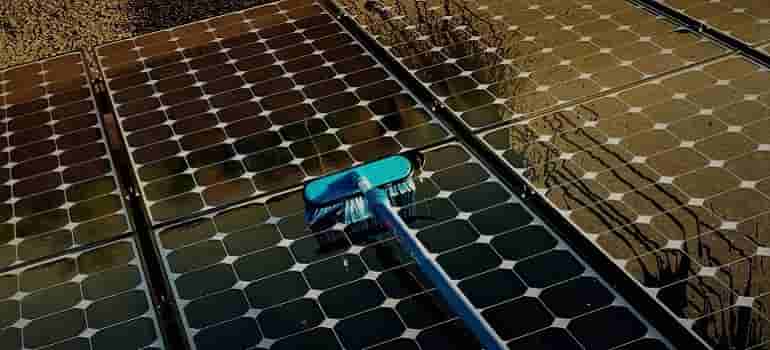
The sharp decline in solar energy prices, that has broadly been welcomed as helping to bring affordable and sustainable power to local communities in emerging and frontier markets, may also have under-appreciated high social and environmental costs, Dutch Development Bank FMO warned on Thursday.
Geert Fijnaut, manager Energy Asia and Eastern Europe at FMO , said: “At a tariff of around USD 2.5c per KWh – as seen in a number of countries in our target markets – there is awfully little upside for developers and a lot of downside. Any sort of setback in the procurement or construction of a solar plant will lead to returns that are dangerously close to zero, if not negative. This will lead to aggressive cost-cutting or, to use a nice euphemism, cost rationalization.”
He was making the opening speech at the Unlocking Solar Capital Conference in Singapore organized by Solar Plaza, the renewable energy events and information company, and co-hosted by FMO. The development bank has financed a total of EUR 2.21 billion in renewable energy projects in target regions of Latin America, Africa and Asia, of which EUR 739 million was in Asian markets.
Fijnaut said too low solar power prices risk being counter-productive and may result in poor quality projects, which don’t deliver on the promise of clean energy access. Developers and contractors can be pressured to take little account of social and sustainability criteria and engage in a competitive race to the bottom.
For example, with unfair compensation for local people whose economic livelihoods depend on the land used for the solar project; downward pressure on wages; unsafe working conditions and perhaps an over-dependence on lower-cost labour from neighbouring areas.
Uneconomic pricing might also preclude the acquisition of local technological knowledge and impede the development of domestic solar energy industries, because restrictive cost structures do not allow the flexibility to invest in human capital.
Geert Fijnaut concluded: “Governments need to realize that the race-to-the-bottom, when it comes to energy tariffs, is not sustainable and not even necessary to achieve their goals of cheaper and cleaner energy for their growing populations and economies.”
A higher but still competitive price will place more emphasis on making sure that decent work is provided, and inequalities are reduced for the workers of these solar plants by providing better wages, safer work environments and fairer compensations for livelihood displacements.

